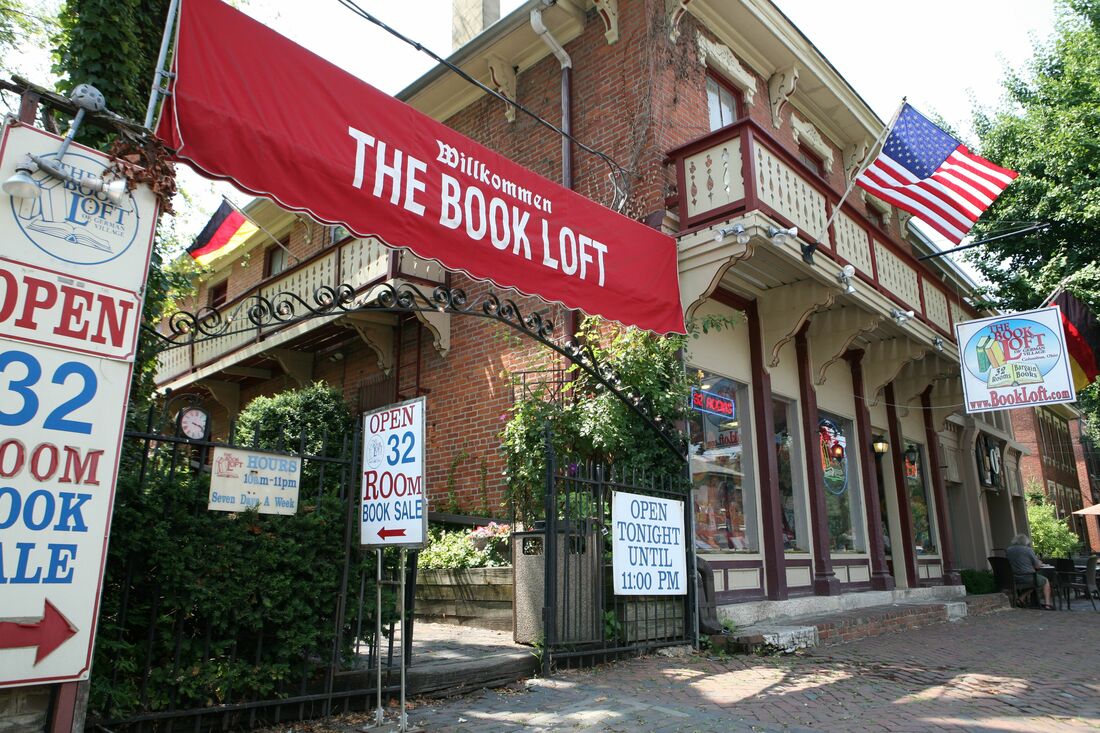|
Last May the world was once again outraged by an act of brutality in India, this time against two teen-aged girls who were raped, murdered, then hung from a mango tree in a village in the northern state of Uttar Pradesh.
But it was the circumstance under which the girls were killed that was particulary heart-sickening: They were abducted by a gang of men while walking to a field 15 minutes from their home to relieve themselves because their home had no toilet. And so this crime, along with highlighting yet again the culture of violence against women and girls in India, cast the spotlight on a situation in that country and in other undeveloped countries that causes women and children tremendous suffering and humiliation puts them in danger every day of their lives: the lack of a safe place to go to the bathroom. Back in 2011 in an article about the state of Madhya Pradesh in The Times of India reported that: "Lack of proper sanitation facilities in the state has made women, especially minors, vulnerable to sexual assault as they step out of their houses during odd hours. In at least half a dozen cases of rape and molestation reported from different parts of the state recently, the victims fell prey when they had gone to the fields to relieve themselves." In November 2012 WaterAid America, an organization whose mission is safe water and sanitation world wide published in its newsletter that: "1 in 3 women around the world has no access to a safe toilet...exposing them to shame, fear and violence. 1.25 billion* women and girls lack safe and adequate sanitation...For these women, a lack of access to latrines that meet their basic needs compounds the risk of violence that many experience every day." That same year The New Tork Times wrote: "Like men, women in villages often must urinate (and deficate) outdoors, in fields. But unlike them, they sometimes endure taunting and even sexual assault. Many rural women relieve themselves in small groups, before dawn, to protect against harassment." Also in 2012 Care2, which calls itself "The world's largest community for good", wrote of India: "While the country is enjoying rapid economic development, women in particular lack access to toilets... In Mumbai (formerly Bombay), India’s largest city…millions of people depend on public toilets, which are usually in dark and filthy buildings that operate as male-controlled outposts...Almost always, a male attendant oversees these toilets, collecting fees...Women also face leering and harassment when they use the public toilets..." Since the death of the two Indian girls there's been much more written on the danger to the women of the world who have no toilets in their homes or safe public toilets: how in rural areas men hang around the fields and in urban areas they hang around the public toilets to watch the women while they go, to whistle at them, yell cat calls at them, humiliate them, grab them, assault them; how this is something women have to endure every day. I guess what I wonder is, what sickness ails the men of these societies? Anyway, there are rays of hope on the horizon: - For the past two years there has been a "Right To Pee" campaign by activists in India demanding better public restrooms for women in that country. - According to the website Niti Central, Indian Prime Minister Narendra Modi has made his mantra ‘toilets over temples’ and has emphasized that cleanliness and hygiene are his top priority. He recently said in an address to parliament: “By 2022, no Indian should be without a home, without clean water, without electricity and without a toilet.” Emphasising on the fact that cleanliness and hygiene is at top priority of his Government, Modi said “Mahatma Gandhi had the vision for a clean India, and I intend to realise this vision in the next three years ..." - Then there's my favorite, the "No Toilet, no Bride" campaign kicked off two years ago by Indian Union Minnister Jairam Ramesh when, according to The Times of India, he "urged women not to get married into families which do not have toilets in their home." His campaign took off and today that slogan has caused an increase of over a million toilets in India as women demand, as a condition of marriage, that their husband-to-be first provide them with a toilet in their home. - And there's Bindeshwar Pathak, who, according to a June 9, 2014 post by NPR, is a social entrepreneur known in India as the "toilet guru." Mr. Pathak has invented a low-maintenance, low-cost pit toilet that can be outfitted to any house. NPR writes: "Humanitarian Bindeshwar Pathak sits surrounded by women from the village of Hir Mathala in the northern Indian state of Haryana. Pathak built low-maintenance, low-cost toilets in the village and wants to do the same in other villages... The women of Hir Mathala village arrange themselves on the floor and literally sing the praises of the 71-year-old Pathak, whose lowly toilet has become a tool of social change." Said one 35-year-old mother: "There has been a huge change in our lives. Before, the men would follow us, wait for us to sit in the field and watch. Now, thanks to Mr. Pathak, we have a lavatory at home...We don't need to step out, and we feel better. Our dignity which is an ornament for us — is now safe." - And finally, there's the work of WaterAid America and World Toilet Day, a yearly United Nations observance on November 19 of which timeanddate.com writes: "Each year thousands of people join in on promoting World Toilet Day via social media campaigns, online petitions, and by getting involved in a range of events held in different countries worldwide." So, anybody looking for a good cause? *Correction: Yesterday I wrote that there were 3 billion women without access to safe toilets. that number should have been 1.25 billion.
2 Comments
Romaine
7/31/2014 10:51:53 pm
Great information - how much we take for granted!
Reply
Romaine
8/1/2014 05:30:07 am
Potty On!
Reply
Leave a Reply. |
"Tropical Depression"
by Patti Liszkay Buy it on Amazon: https://www.amazon.com/dp/B0BTPN7NYY "Equal And Opposite Reactions"
by Patti Liszkay Buy it on Amazon: http://amzn.to/2xvcgRa or from The Book Loft of German Village, Columbus, Ohio Or check it out at the Columbus Metropolitan Library
Archives
July 2024
I am a traveler just visiting this planet and reporting various and sundry observations,
hopefully of interest to my fellow travelers. Categories |






 RSS Feed
RSS Feed